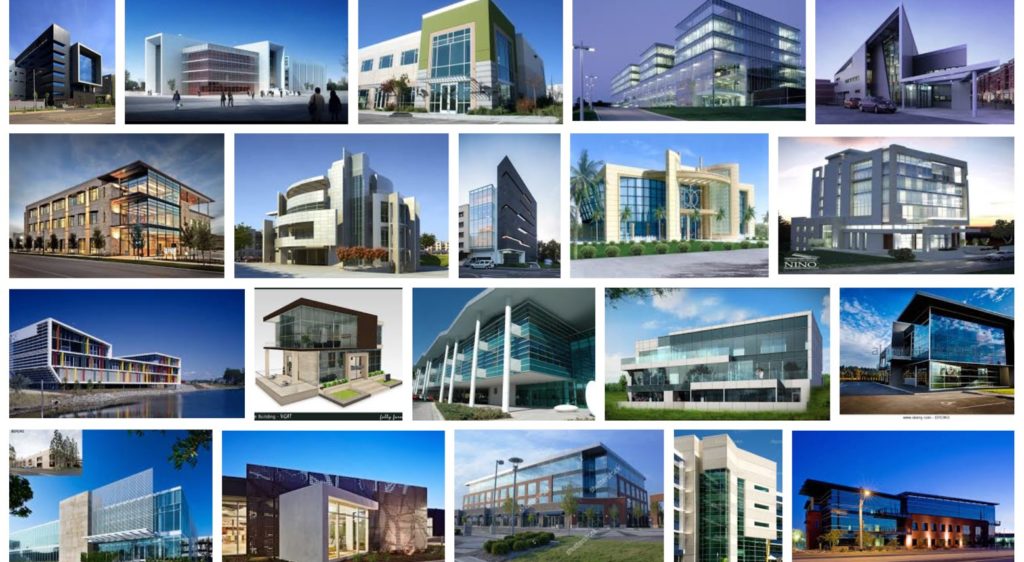This has been quite the couple of weeks – a good reminder to be kind to one another and that we never know what’s coming down the pipe.
At Practice Real Estate Group, we lean on our values in good times and bad and are here to make sure our clients make smart real estate decisions. We will be using our values to help ourselves and our clients navigate the current market. As a reminder, our values are:
- Competency
- Communicating Well
- Setting and Meeting Expectations
- Being Kind
- Being Dependable
- Acting Ethically
While the outlook for the country and world is still not settled, we wanted to take a minute to address some common questions we’ve been hearing over the past several days from past and current clients, and frankly our own team as well.
Beyond these topics, if you have questions about a past, current, or future planned transition or new location, our team is here to help. Drop us a line via our team page.
I just started searching for areas/real estate to open a practice. Should I stop?
What better time than now? It takes 1 to 3 months on average to identify a site and begin negotiating a Letter of Intent (LOI). Owners and practitioners not actively involved in fighting the outbreak will have more free time in front of a computer than they’ve likely had in a long time. You can use that time to take a deep breath, research areas, review reports, and even drive sites (just don’t leave your car). Our research team verifies all practices around all potential sites, and we’re ready to respond to any competitive changes that may come for most of our markets.
I found my location and have started negotiating a LOI. What should I do? Can I ask for lower rent now? Can I ask for more rent?
You should keep negotiating the LOI if you intend to open your own practice once businesses open back up and our economy begins to normalize. Most likely, you have a bit more leverage on rent than you previously had. The landlord may be motivated to do a deal at a lower rate of return; however, the landlord has a fixed cost on the building and will not be able to do deals with no return.
Even in The Great Recession of 2008/2009 most of our markets only saw rents decrease by around 15% and that was after many months if not years of the recession. Many of our clients operate in high growth markets where landlords are not tight on cash or time just yet. If that applies to your market, you can expect that landlords will most likely hold firm on rents until they are in danger of losing the building.
Also keep in mind many landlords are in a state of uncertainty right now. Over the last 2 weeks they have likely received letters from numerous tenants asking for rent deferment or breaks. Landlords are most likely in some negotiation/conversation with their lender trying to determine what the next best step is in the current situation.
I am working through a lease or purchase contract. I am not going to feel comfortable signing it/closing until businesses can re-open and there is some concrete idea about where matters are headed. I do still like the location and terms and would prefer not to lose it.
We don’t disagree with this thought and wouldn’t recommend signing a long term commitment at this time except for special circumstances. Although we don’t know the future – if it is the right location and terms and you have a long term view, you may want to move forward and execute the lease or close on the contract. The reality is, however, that you do not have rights to a location until a lease is signed or a contract is closed.
Our primary move is to communicate to the landlord that you are committed to the location and will sign the lease once the world re-opens and it appears COVID-19 is under control. Given the current circumstances we expect the majority of landlords will understand and will most likely come to us first if someone were to pursue the space while we are waiting – though we don’t foresee other parties truly being able to commit. Another option is to request a 30 to 60-day contingency period in the lease where you can terminate if businesses are not back open during that time period.
Our advice is to negotiate the lease like you’re going to sign it, get it ready to sign, and then we can discuss the reality with the landlord. Keep in mind landlords are in a tricky situation as well. They own a building with occupants who can’t make money. They have a lender who they can’t pay if their occupants can’t pay rent. It’s a Rock and a Hard Place for everyone involved.
What is the bottom line for clients who are mid-stride in the leasing process?
Our recommendation is to keep everything moving forward like “normal” until we get to a point where a lease is ready to be signed. This process will give you a deal with known terms as a barometer with which to measure the market before signing anything. In the majority of cases it probably won’t make sense to sign the lease if the economy is still on ice and we can discuss the best course of direction from there. We believe that once businesses reopen and the virus is “under control,” consumers will release pent-up energy and the market will come back quickly.
What happened with medical and dental offices during The Great Recession (2007 – 2009)?
That was a long and deep recession. Our founders started in this business in 2009 and were performing nearly as many transactions as they personally handle today. Some of the strongest regional DSOs and MSOs started during that recession. They were the “contrarian” investors in the medical space and have received the prize for pushing forward during that time when others weren’t. We are in strong MSA markets around the country and believe that people will continue to need medical care – elective or not. These next few months to 2 years could be the best opportunity we’ve had in 10 years to grow a medical business.
I have a lease and my business has shut down. What can I do?
Talk to the lawyer who negotiated your lease and see if there happens to be a Force Majeure clause. If there is, your attorney will need to draft a letter to send to the landlord – a Force Majeure clause does not guarantee that you don’t owe rent; but there is at least an argument to be made there.
If there isn’t a force majeure clause then you should approach your landlord about rent deferment. Keep in mind that they will most likely be unable to give a quick yes or no response. They owe a lender a monthly payment in the same way that you owe rent or business expenses. You and most likely 95% of the other tenants in your building will be asking to not pay rent this month and/or next. The landlords are going to have to discuss this with their lenders and come up with a plan. You most likely will have to add time on the back of the lease and maybe give up a lease term or two that is valuable to the landlord.
We DO NOT recommend just not paying rent and telling them to come after you unless you have no other choice. That is an event of default. As a doctor, you occupy a valuable space with significant buildout expense in it. If you don’t pay your landlord, you are at risk of losing your space.
Will my lender provide any relief?
We spoke with many lenders that focus on lending to physicians, dentists, and veterinarians last week. Most are communicating that if the customers call and ask for deferment that they are authorized to give it. Take time to call your lender and discuss your situation. You most likely will get some relief.
What is Practice Real Estate Group doing during COVID-19?
Our Mission Statement is to be the most competent and trustworthy real estate team you will ever work with. We will continue doing just that.
We are continuing business as usual. We will continue to be persistent with research into competition, exploring change in the marketplace in real time, finding areas where there is current and future demand for medical services, and keeping our finger on the real estate market. We understand that due to the unpredictable future that most clients will not be in the mindset to commit to signing binding documents for the next 2 weeks to 2 months (hopefully sooner), but we believe that doesn’t mean we can’t help our clients take advantage of the current situation.



